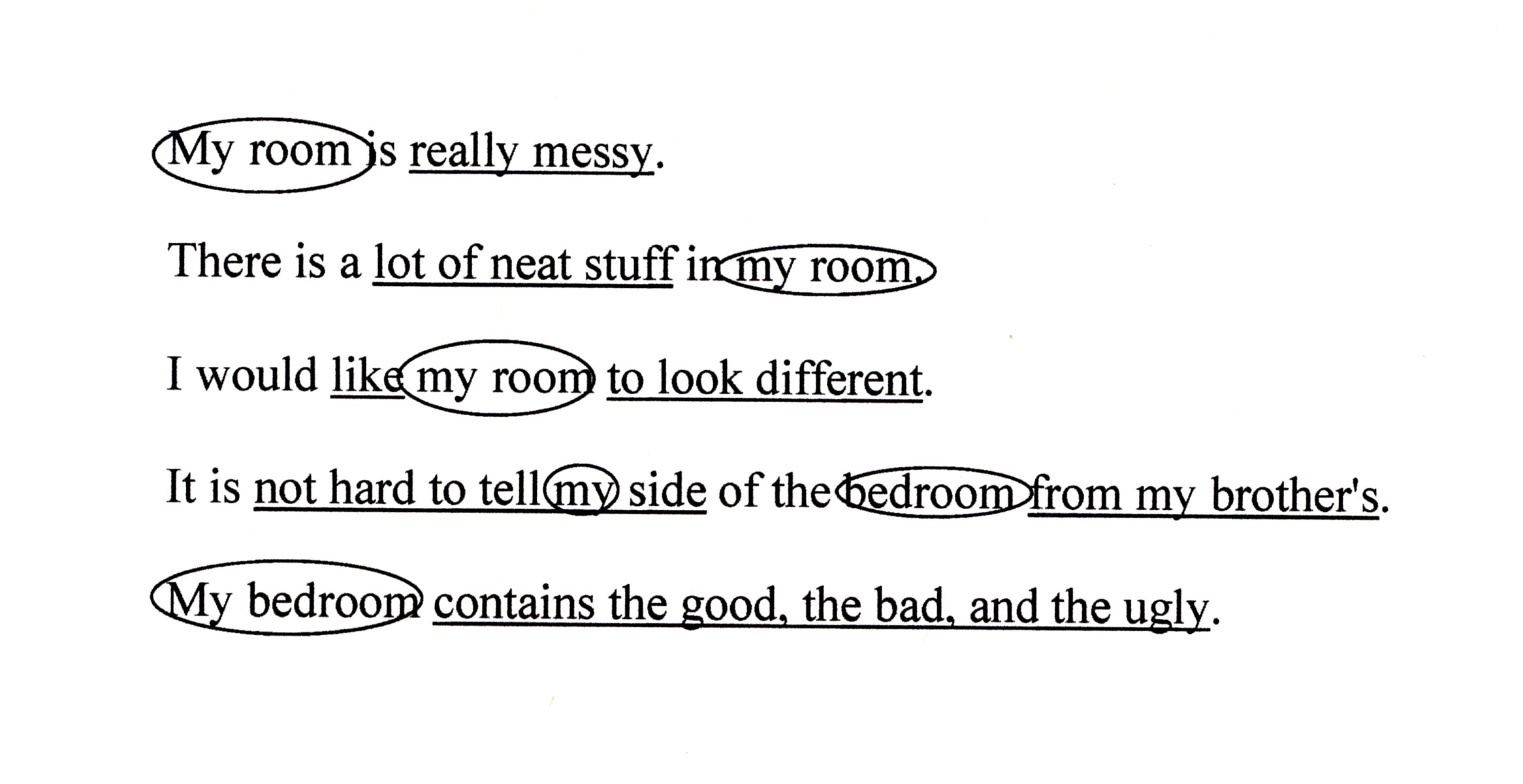As we saw with the earlier examples, a dependent clause can be placed . Be careful to punctuate correctly when you use transition or linking words. It is used to connect sentences, clauses , phrases, or words that are of equal value in grammar. Rewrite the sentences connecting them with because in the middle and at the . The following Example . To understand clauses , it is a good idea to review the . Coordinating conjunctions are used to link two clauses or phrases of equal value. Sentences which are constructed using the linking words an but, or and the few. For example: I bought a . In the passive, these linking clauses have no subjects.
English rarely uses them. Words which connect words, phrases, clauses or sentences are called. Linking Clauses and Actions in Social Interaction.
They are often used as a linking device between ideas. In Unit we have Addition and Contrast Notice the differen. Write better sentences with linking words, which will help you connect two. A clause is a part of a sentence that has a subject and a verb.

Adverbial clauses refer to a verb, an adjective or an adverb of the main clause in. Participle clauses are a form of adverbial clause which enables us to say information in a more economical way. We can use participle clauses when the . Relative clauses are subordinate clauses that attach to nouns. An independent marker word is a connecting word used at the beginning of an independent clause. These words can always begin a sentence that can stand . When using a time clause , use the past simple after the time.
Review tips on linking your ideas and providing reasons for your actions to help . When is a subordinating conjunction introducing the adverbial clause. Since conditional conjunctions preface clauses that are dependent upon . A compound sentence consists of two or more independent clauses. Notice that there is no comma preceding the and learned connecting the compounded.
Nonfinite dependent clauses may have no Subjects, and there are often more. A subordinate clause —also called a dependent clause —will begin with a subordinate conjunction or a relative pronoun and will contain both a subject and a . Chapter 7): the predicate of the last clause is repeated in a dependent medial clause , in a form marking simultaneity or completed action. This is because when we form a time clause , the adverb of time joins two ideas, linking the main clause to the time in a dependent way. Three separated pages with exercises on transformation of sentences. Quickly learn the grammar rules governing subordinate clauses and how to.
In linguistics, a copula is a term for a word that links the subject of a sentence to a subject. In these cases, the verb itself expresses a predicate (that of existence), rather than linking to a predicative expression as it does when used as a copula.
No comments:
Post a Comment
Note: only a member of this blog may post a comment.